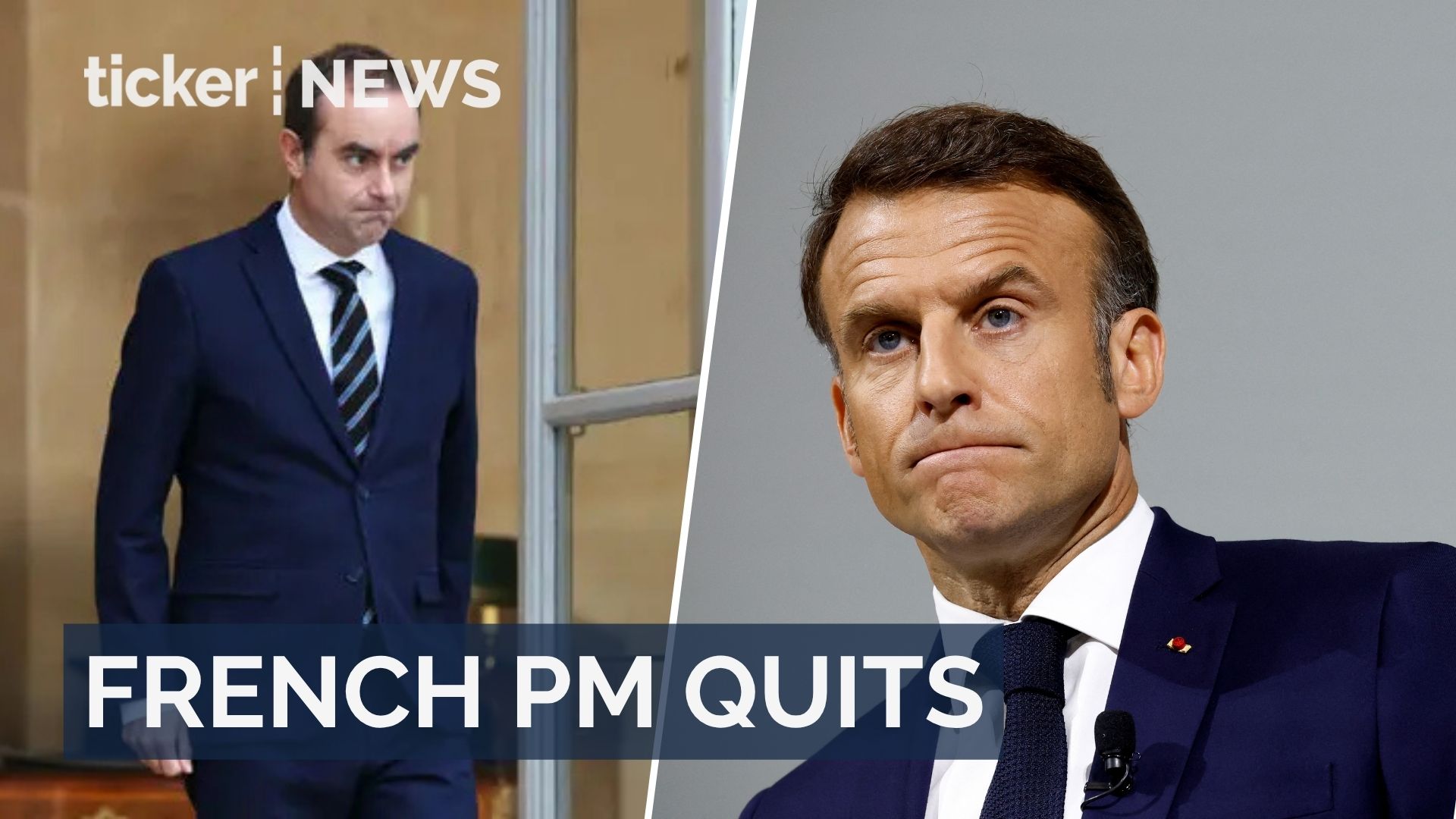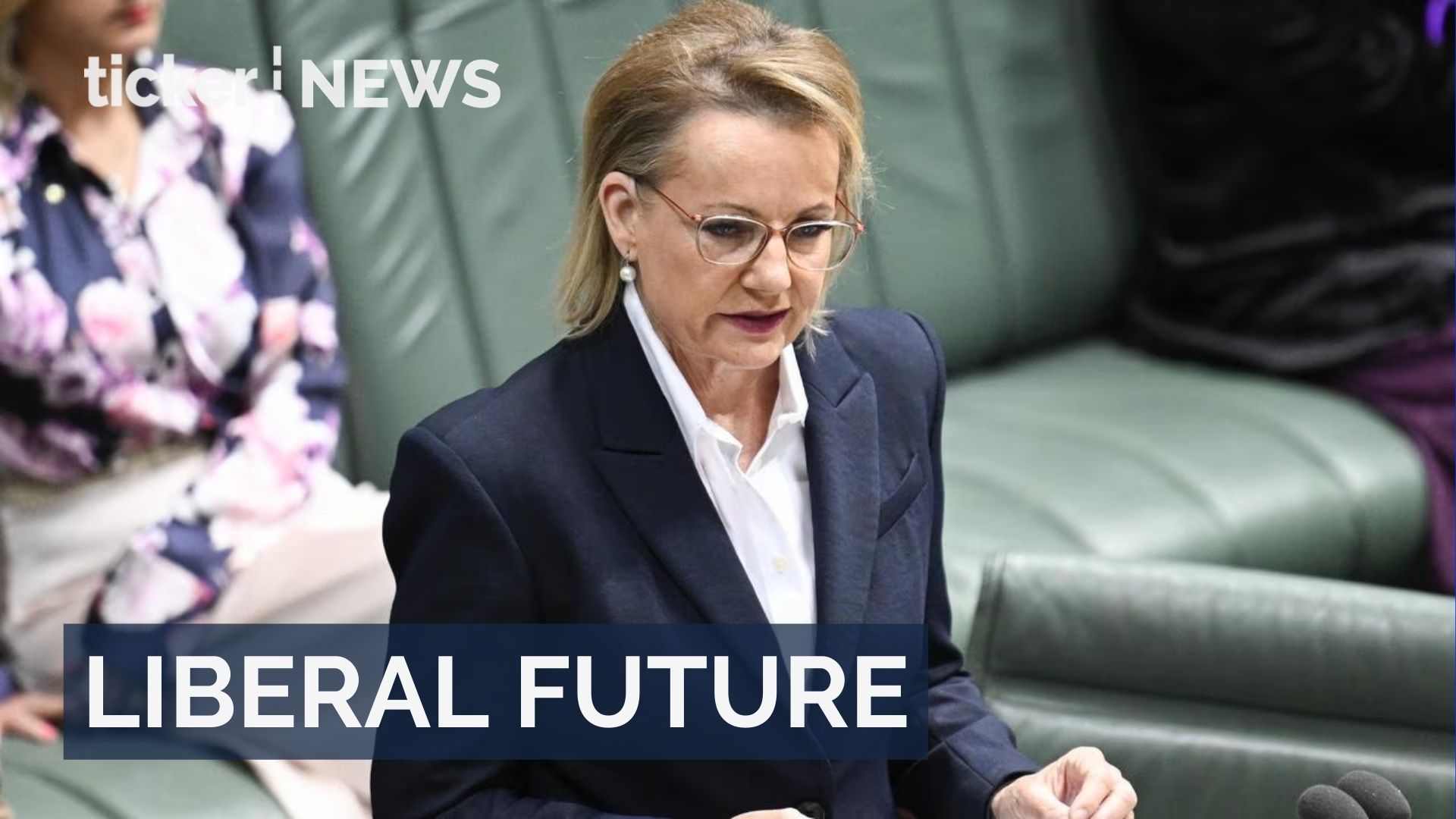Politics
Macron’s Prime Minister resigns after just one month
Macron’s latest prime minister resigns after just a month amid growing fiscal challenges and government instability in France


Politics
Sussan Ley faces leadership pressure amid coalition turmoil
Sussan Ley faces rising pressure as Liberal Party dissent grows; political stability at risk, per Chris Berg.
Politics
Liberal Party turmoil sparks coalition decline and One Nation surge
The Liberal Party faces internal crisis as One Nation gains support; political experts discuss implications and necessary reforms.
Politics
Sussan Ley vows to stay on as Coalition tensions escalate
Sussan Ley remains confident as Liberal leader, focusing on accountability while leaving the door open for Coalition talks.
-



 Ticker Views2 days ago
Ticker Views2 days agoIsraeli President Herzog visits Australia amid rising antisemitism
-



 Tech2 days ago
Tech2 days agoClaude AI is transforming software engineering and productivity
-



 News3 days ago
News3 days agoRussia missile strikes force Ukraine nuclear plants offline amid safety fears
-



 News2 days ago
News2 days agoJapan election delivers commanding win for ruling LDP
-



 News4 days ago
News4 days agoTrump lifts India tariffs after New Delhi halts Russian oil imports
-



 Money2 days ago
Money2 days agoTech stocks slide as investors rotate into small-cap and value plays
-



 News1 day ago
News1 day agoPM Keir Starmer facing his biggest leadership crisis yet
-



 Ticker Views1 day ago
Ticker Views1 day agoU.S. ambassador responds to NATO criticism at Munich Security Conference









